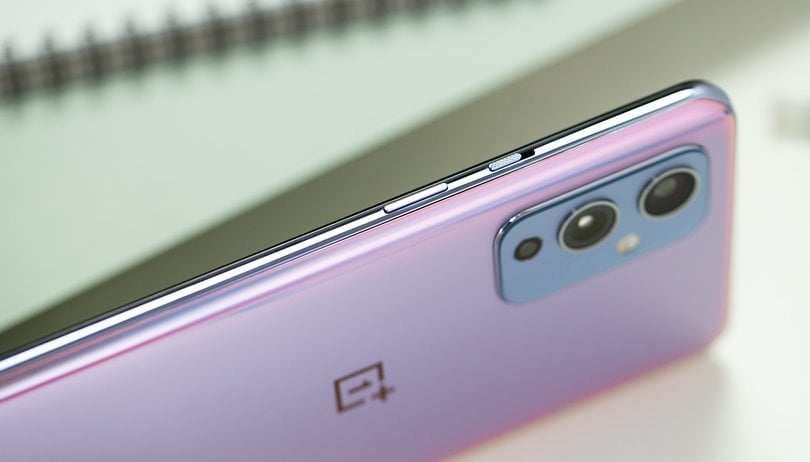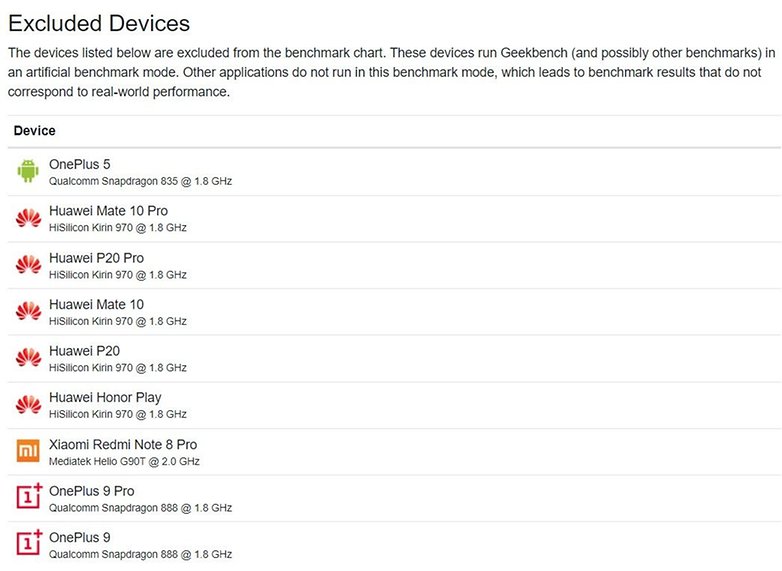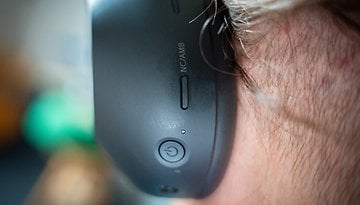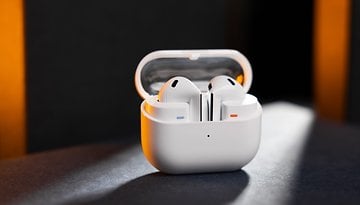OnePlus 9 throttling: Manufacturer goes on the defensive


Read in other languages:
Accused of having throttling the performance of its OnePlus 9 and OnePlus 9 Pro flagship smartphones as well as having manipulated benchmark scores, OnePlus has officially come out to defend itself from suspicions of cheating via its forum on Monday, July 12. The manufacturer continued to invoke the optimization argument, which goes to show that they think that they did no wrong.
In a forum post published earlier this Monday, July 12, OnePlus was keen to clarify the situation around the throttling of the OnePlus 9 and 9 Pro. I read through the forum post and extracted the main points from OnePlus while ditching empty catchphrases and flowery prose that were meant to soothe the rising levels of anger directed at OnePlus. But you can check out the post in its entirety here.
OnePlus claims to have performed optimization without pleading guilty
"In recent years, the performance of smartphone SoCs has reached a point where their power is often overkill in certain scenarios for many apps including social media, browsers and even some light gaming," the manufacturer began by explaining its situation.
"With this in mind, our team has shifted its attention from simply providing sheer performance to providing the performance you expect from our devices while reducing power consumption and heat dissipation. To be more precise, we want to match each app with the most appropriate performance it needs."
"In the case of the OnePlus 9 and 9 Pro, when you open apps or heavy games, the Snapdragon 888 processor, including the super powerful X1 CPU core, will run at full speed to provide the best performance."
"But with actions that do not require the maximum power, like reading a webpage or scrolling through Twitter and Instagram, it’s not necessary for the CPU to run at almost 3GHz to do that smoothly. The OnePlus 9 and 9 Pro reduce the CPU frequency in these scenarios to reduce power consumption and heat dissipation while maintaining a smooth experience."
So much for the official version. Let's make this a brief analysis, shall we?
Objection, your honor! The defendant is not answering the question!
OnePlus did a great job of playing the transparency card by clearly explaining why performance of its latest flagships was throttled in certain scenarios and how they went about doing so.
Incidentally, we need to look at this case based on the context, noting that almost no reviewers had pointed out these performance issues before Anandtech's thorough investigation. And I use the OnePlus 9 on a daily use, and can attest that I didn't experience any noticeable slowdown in actual day-to-day use. I did notice a tendency of thermal throttling in my review, but only under most intensive gaming scenarios.
The thing is, OnePlus gave the wrong answer to the right question, and they know it. The manufacturer still hasn't responded to accusations of cheating in benchmarks. In fact, it has clearly avoided the question that remains central to this story. It is a classic fallacy that OnePlus uses here, by making a straw man argument. The manufacturer claims to be fact-checking a point which was never questioned in the first place.

It is beginning to sound as though layer upon layer of truths are used to counter such accusations without resolving the main issue at its core. Unfortunately, it is not the throttling itself that's the problem. It is the sneaky way that OnePlus went about it, and continue to do so without reflecting on their actions and extending an apology. What's more infuriating is, OnePlus continues to be like an ostrich with its head in the sand, pretending to not understand why there is such an uproar.
Why didn't the manufacturer throttle the performance of its SoC on benchmark apps? Why boast about scores achieved with the CPU at full power when most of the time the CPU will be throttled? Why didn't you praise this optimization technology in the review guides for reviewers to look into, or advertise it in your marketing material? Why perform the optimization in secret instead of communicating it before, or perhaps tout it as a feature of intelligent battery management?
These are questions OnePlus should have answered truthfully and apologized for it right from the beginning. Instead, we received a generic answer from a PR graduate. "Cross my heart, cross my heart, if I lie it won't affect my business."
Source: OnePlus Forum




















Imho, OnePlus has been intentionally misleading about their products all along.